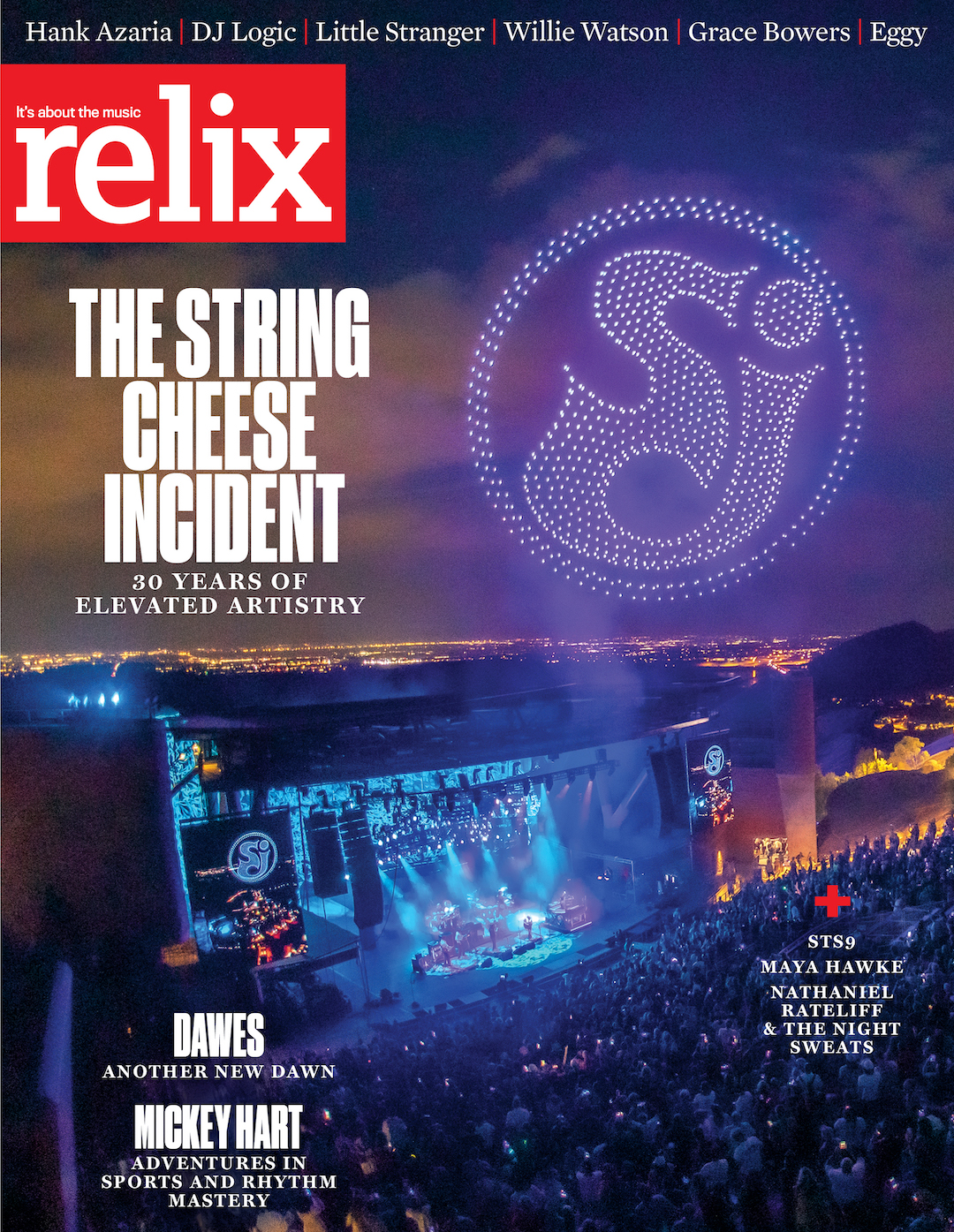Parting Shots: Mitch Ryder

Legendary Detroit rocker Mitch Ryder has, as his recent autobiography Devils & Blue Dresses attests, largely seen it all. Whether dining with surrealist artist Salvador Dali at The Plaza in New York, battling corrupt managers or having John Lennon talk him through a suicidal acid trip, it’s all part of his story. But Ryder’s tales will make you think twice about rock and roll’s supposed glitz and glamour – the brutal honesty about his physical and emotional depravity leaves the reader feeling thankful for a life outside of the spotlight.
The experience of hearing yourself on the radio for the first time was marred when you accidentally saw the disc jockey get paid to play your song.
It was a singular event and I didn’t know that it was a nationwide practice. I took it very personally [in thinking I wasn’t good enough]. However, when I got to New York and saw the way they played the game in the big leagues, it wasn’t so much about slipping cash into somebody’s hand as it was [about] sending ankle-length leather coats to an entire staff of a certain promotion department. It was a different kind of payola – it was done a little more discreetly.
- “Devil with a Blue Dress On” went to the Billboard Top 5 when you were 20 years old. Does some part of you wish that fame came later in your life?*
There’s a downside to becoming famous at an early age because you’re not mature enough to take care of yourself or [deal with the] adult concept of a jungle, battle-of-the-fittest-survive atmosphere in the world of stars, star producers, the huge amounts of money that are there, and how that affects humans and the decisions they make.
*In the late ‘60s, you headlined a show at the Paramount Theater in New York with The Who, Cream, and Smokey Robinson & The Miracles opening. You wrote of the experience: “When I sat backstage in the shadows and watched the other performers, I began to realize that my time as a headliner was nearing an end.” *
More than my time as a headliner disappearing, it was more about a sense of how the musical values of the population at large were changing. That was a direct result of the way the British were presenting themselves. I could still relate to Smokey because I had grown up around him, he was from Detroit, we all understood what Motown was, [and] what [Motown’s] M.O. in terms of music was. It was more about the recognition that there’s a new dance; there’s new music in town now. The British were doing a lot of R&B covers, but they were doing them in a decidedly English fashion which didn’t sound anything like urban music that I had become accustomed to.
How much of an impact did Creem magazine founder Barry Kramer have on your career as a manager?
There was a lot that Barry Kramer did for me that kept my career going, and then, I started making serious mistakes after that once I didn’t have his umbrella to lie under. He got drawn into a world where a lot of my enemies still had a great deal of power and he found himself, near the end there, being exposed and vulnerable to that. In the beginning, for him, it was an adventure.
You included reproductions of some extremely personal and angry handwritten letters from your wife Megan at the end of the book. Why did you include them in this way?
We’re very much in love – don’t them scare you. [But the reasons I included them were] to prove that they were authentic, number one; and number two, the whole reason I’m able to function at the level I’m at right now is because of her introduction into my life. I was such a stubborn asshole. It took a strong woman to turn that around.
What do you want readers of Devils & Blue Dresses to walk away with?
I’m from the working class and I was very cognizant of that as I was writing the book. I definitely wanted to leave an impact for them and I also wanted to send messages to the middle and upper classes. I think it’s fair that we acknowledge the fact that all men aren’t created equal in America and they certainly don’t end up equal.
Did you think you’d be living in Michigan after all these years?
My mind didn’t but for some reason my body did. My body is pissed off. [Laughs.] I used to tell people, in a very romantic fashion, that I love the four seasons. I love watching things go to sleep, become dormant and dead-like, and then suddenly, spring to life with the warm sun. It’s the waiting of the warmth, rebirth and renewal that’s so exciting. Fuck that – I just want to stay warm now.



















